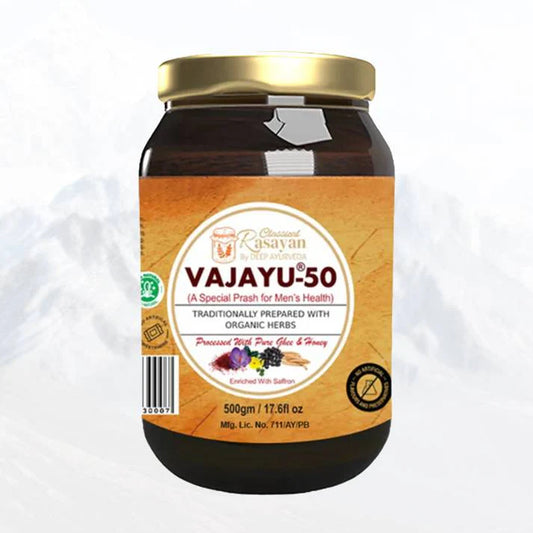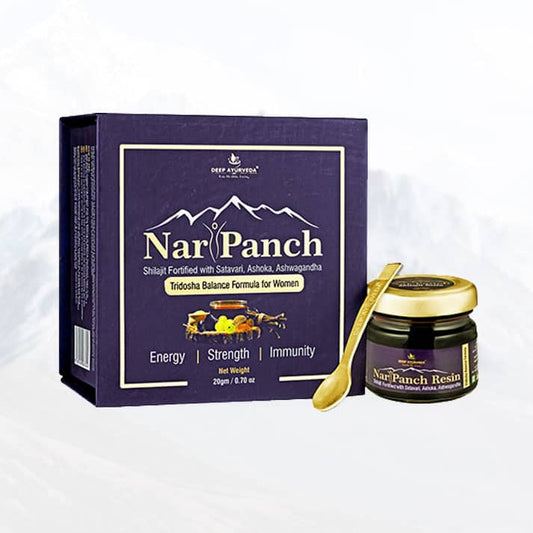In Ayurvedic daily routine, the traditional medicine practice which is more than 1000 years old and originated in India, there are certain rituals that a person needs to follow daily. The regime called dincharya has a pattern of daily routine.
-
Brahma muhurta
Get up early, and you'll live longer.
That's the advice from Ayurvedic lifestyle, the ancient Indian medical system that has been used for thousands of years. It's a reasonable suggestion—if you want to live longer, it's probably a good idea to get plenty of sleep and keep your stress levels low. But what if there was another way? What if getting up at 4 or 5 in the morning could have a positive effect on your health?
According to ayurveda daily routine, the best period for performing religious rituals is during the time between 4 and 6 in the morning. This is when "bramhamahurat" (the sacred period) occurs when all five panchabhutas (water, air, sky, earth, and light) are in their purest form. Because we spend so much time indoors nowadays, this doesn't happen often enough anymore—but it's still important! Studies have shown that people who get more sunlight during these hours tend to live longer than those who don't.
-
Datoon
If you're brushing your teeth twice a day, you might have heard that it's good for you—but did you know it's also good for the planet? Brushing your teeth once a day is fine, but it doesn't get all of the plaque off your teeth, so every time you brush, you're sweeping up all kinds of gunk that could be hurting your gums.
As per Ayurvedic morning routine Brushing with natural stems from trees like neem, babool, and Karanja can help you clean your teeth in a way that's both natural and safe. These stems contain antibacterial oils and alkaline properties.
These plants contain antibacterial properties that kill germs in your mouth without damaging the surrounding healthy tissue around your teeth or gums as certain regular kinds of toothpaste do.
-
Nasya - Gandoosh
Nasya
Nasya is a traditional Ayurvedic daily routine practice that has been used for centuries to promote health and well-being. Nasya is the process of applying medicinal oils to each nostril. This therapy has traditionally been used to treat a variety of conditions, including migraine, anorexia and asthma.
In addition to these benefits, Nasya can also be used to help with your weight loss goals by promoting the release of fat from fat cells in your body. Research shows that nasya can increase your basal metabolic rate (BMR) by up to 20% over a while, which helps you burn more calories throughout the day!
Gandoosh
If you're wondering what goes into making Gandoosh, here's what it looks like: A decoction of bark held in your mouth for several seconds before spitting out alive with energy and vitality. This unique form of oral medicine is made up of astringent properties that help reduce dryness in your mouth; soothe your lips; eliminate foul odors; heal cracks in your lips; and provide styptic action on bacterial growths.
-
Abhyanga (Massage)
What if I told you that one of the best things you can do for body itchy sensations is sit down? That your body needs those little breaks? And that the best way to give it those breaks is by getting a massage?
For years, many people have believed that massages are only for relaxation; they don't consider how much better your body will feel when it's been worked out.So here are some reasons why regular massages are so important:
-
Regular massages delay aging by ensuring the lymphatic drainage system works systematically and improves skin texture.
-
Regular massages build up toned muscles without any extra effort.
-
The skin will look better after a massage because it'll be more hydrated.
-
Regular massages help you sleep better because they make you feel relaxed and sleepy at night.
Dashmool tailam is an excellent therapy that is made up of Bilva, Agnimantha, Kashmari, Shyonaka, and Patala. These five kinds of leaves are obtained from large trees. Sarivan, Kantakari, Shalaparni, Prishniparni, and Gokhru are obtained from smaller shrubs.
This tailam has been used for centuries in Ayurvedic daily schedules to lower the three doshas in the human body and allow them to exist in harmony. It is a natural substance that works by stimulating the flow of blood in the body. This makes it easier for digestion to occur more efficiently and leads to better health overall.
-
Vyayam (Exercise)
Yoga is a great way to get started with any Ayurvedic lifestyle routine. It helps to calm down the mind and relaxes the body. Yoga is a great way to start your day. You can do yoga at home or even outside if you have access to a nice spot. There are many different types of yoga including Ashtanga, Vinyasa, Iyengar, Bikram, Hatha, Kundalini, and Yin. Each type of yoga offers its unique benefits. If you're just starting, try doing some gentle stretching exercises first. Once you feel comfortable with those, move on to more strenuous activities.
Walking is a great way to burn calories and improve cardiovascular health. Start slow and build up to longer distances. If you live near a lake or river, take advantage of the beautiful scenery while burning some extra calories.
-
Snaan (Bath)
Bath is an integral part of our day-to-day life. It is not just a way to get rid of dirt and grime but it also has many health benefits. Ayurveda morning routine says that a bath has a significant impact on the body and mind.
It helps to relax muscles and joints. It removes toxins from the body and makes the skin soft and smooth. It cleanses the blood and purifies the system. It reduces inflammation and pain. It relieves headaches and insomnia. It increases mental alertness and concentration. It stimulates the senses and gives pleasure. It enhances immunity. It promotes longevity and vitality. It cures many diseases. It rejuvenates the body and mind.
-
Ahara (Food)
In ayurveda diet and lifestyle, food has been categorized into two groups: pathya and apathya. These two categories are based on the dosha of the person who consumes them.
Pathya foods are healthy for consumption and do not disturb any of the doshas. They include all types of vegetables, fruits, dairy products, rice or wheat-based foods, eggs, and meat/fish. These kinds of foods are recommended by ayurveda for everyone.
Apathya foods are prohibited for consumption based on the Prakriti (the constitution) of an individual. Some examples include alcohol, hot spices, raw vegetables and fruits (except those that have been properly cooked), raw pulses and seeds, honey, or sugar-based sweets.
-
Sadavrat (Karma)
Ayurved is a Sanskrit word that means "the science of life." And it's also the ancient philosophy behind what we do here at [company name].
Ayurveda daily schedule promotes healthy living through a holistic approach. Ayurved focuses on mind and soul alignment, which includes diet, lifestyle, and spiritual practices.
Ayurved believes that one should always be conscious and perform their duties (karma) irrespective of results. The concept of karma is that you reap what you sow—if you're kind to others, then good things will happen to you; if you're mean to others, then bad things will happen to you. It's a principle that has been used for thousands of years by some of the most respected and well-regarded people in history.
The key to Ayurved is respecting elders, worshiping our bread and butter source (Mother Earth), and avoiding the filthy attributes of behavior such as egoism, jealousy, pessimism, mindset, or sadistic approach towards others. Following these principles so leads one towards happiness and longevity of uneventful life with a prosperous future.
For more information: Please write us at info@deepayurveda.com.au







